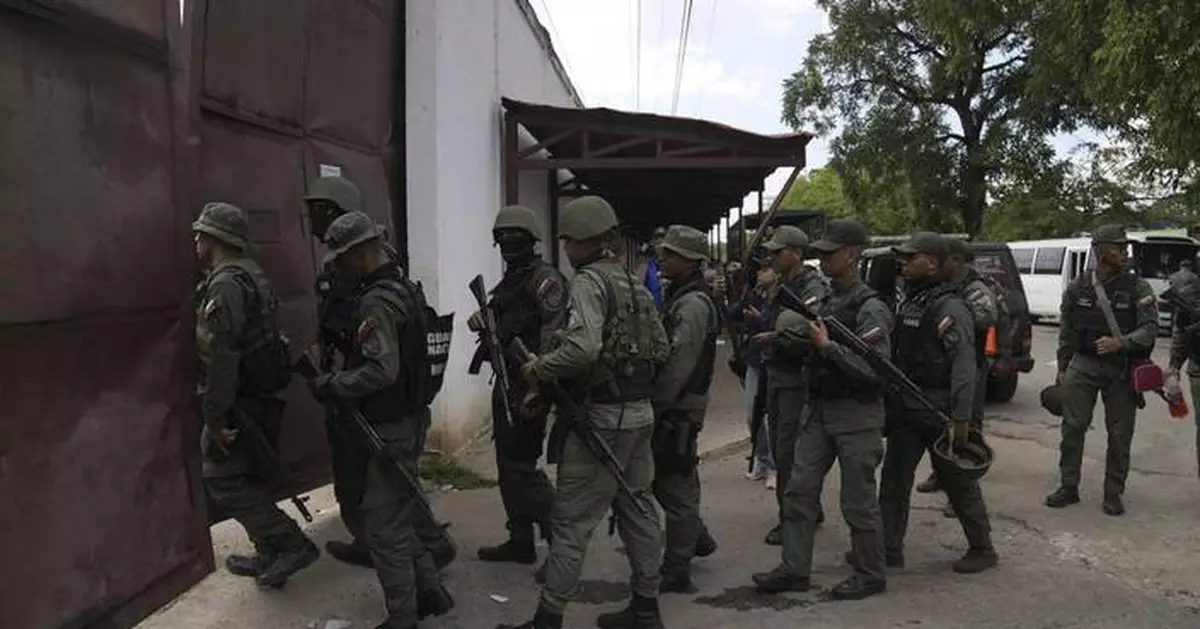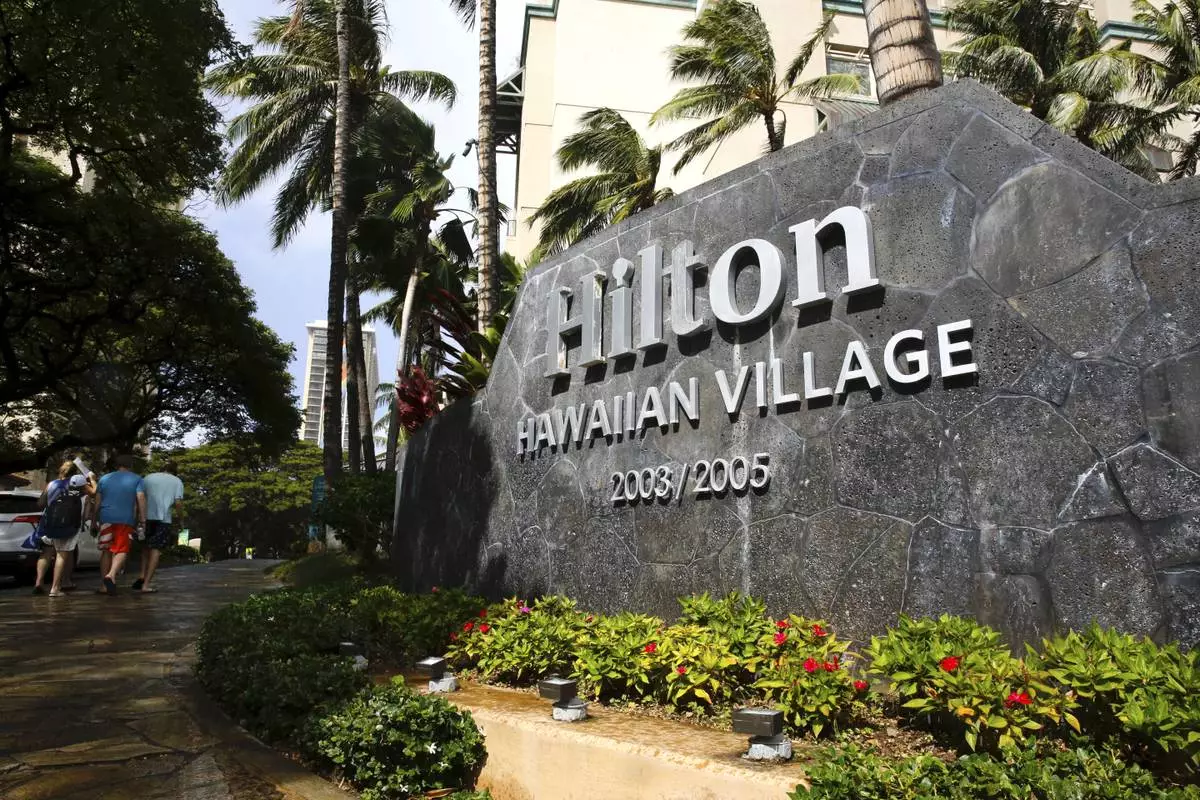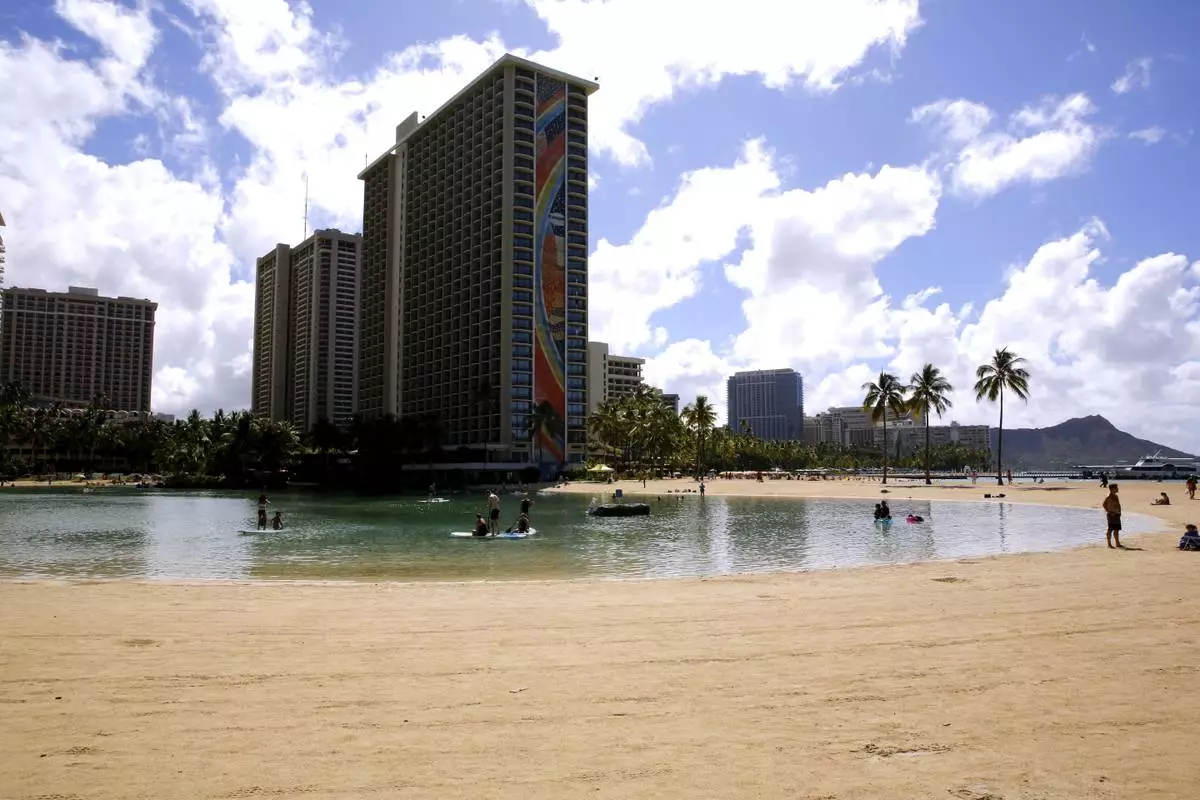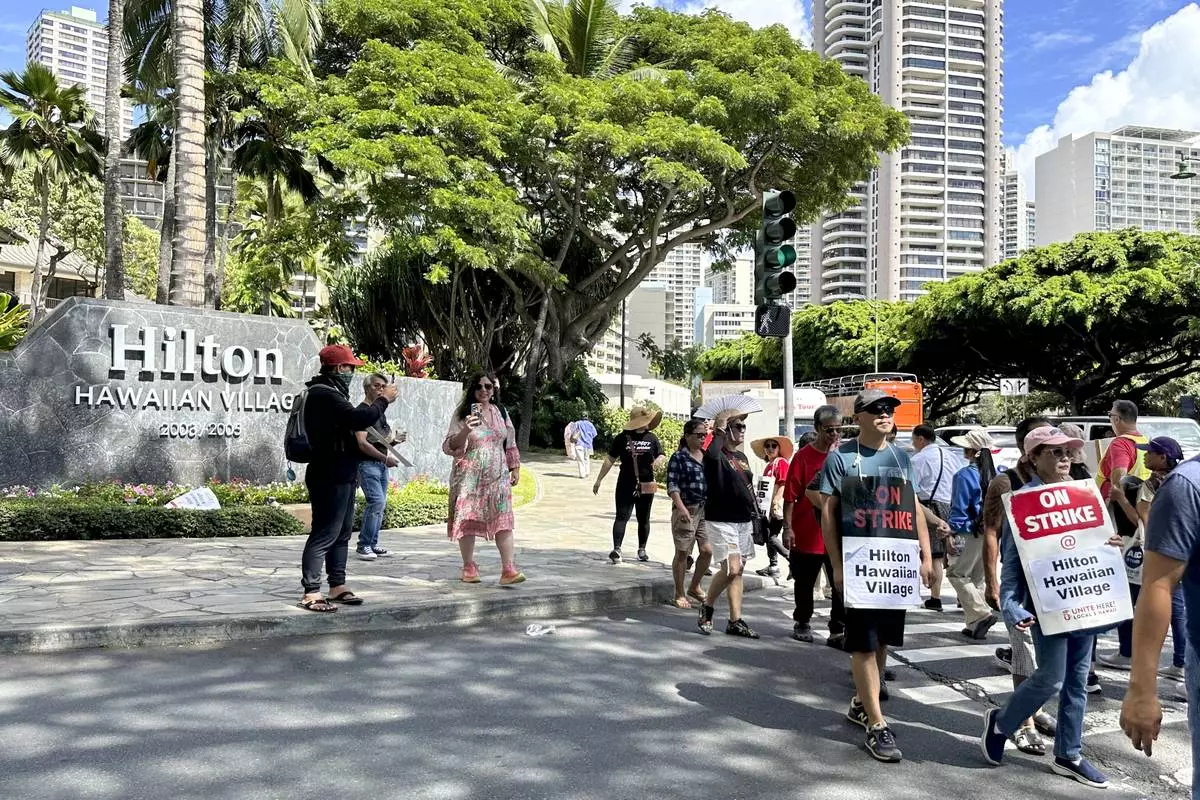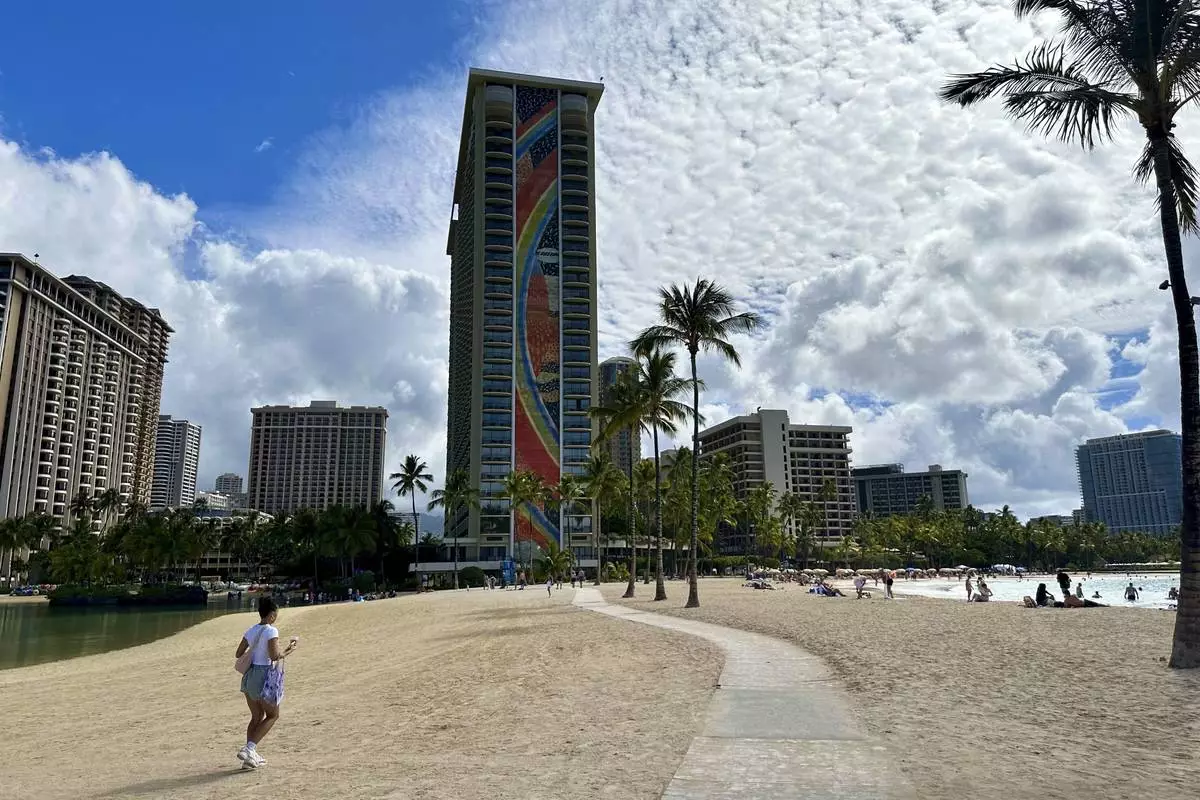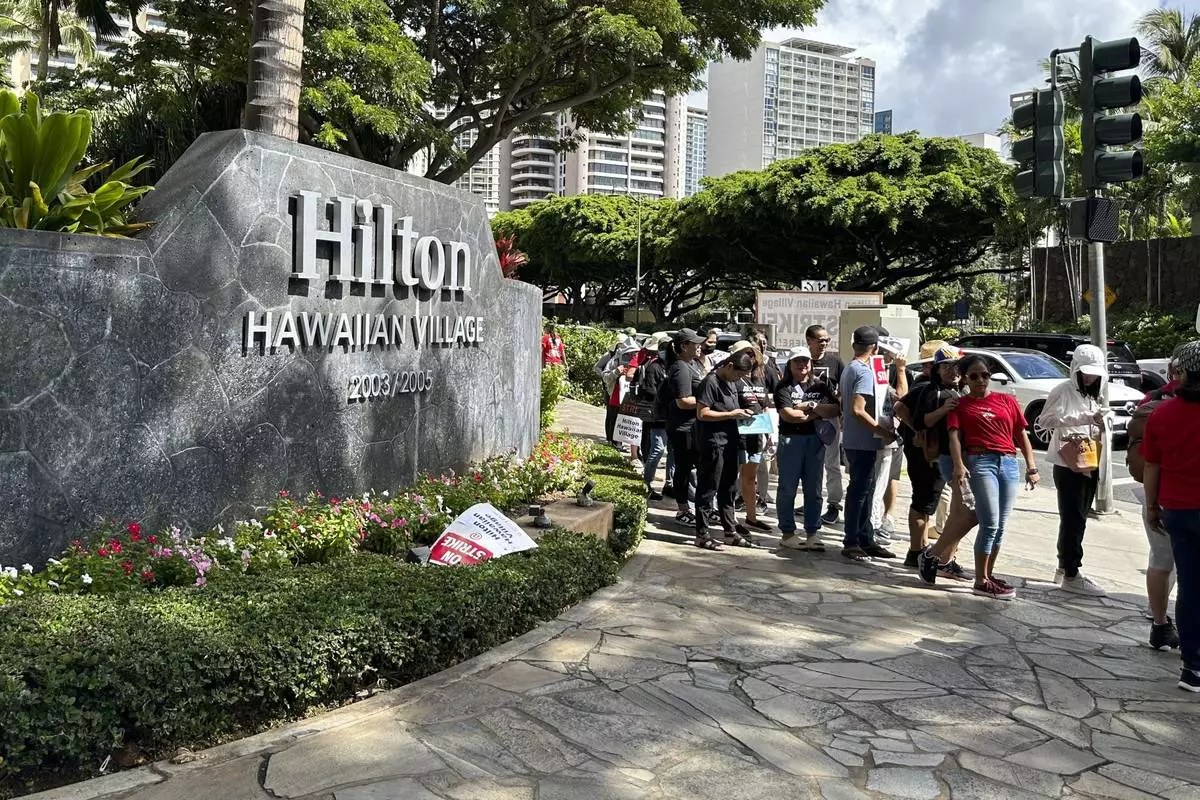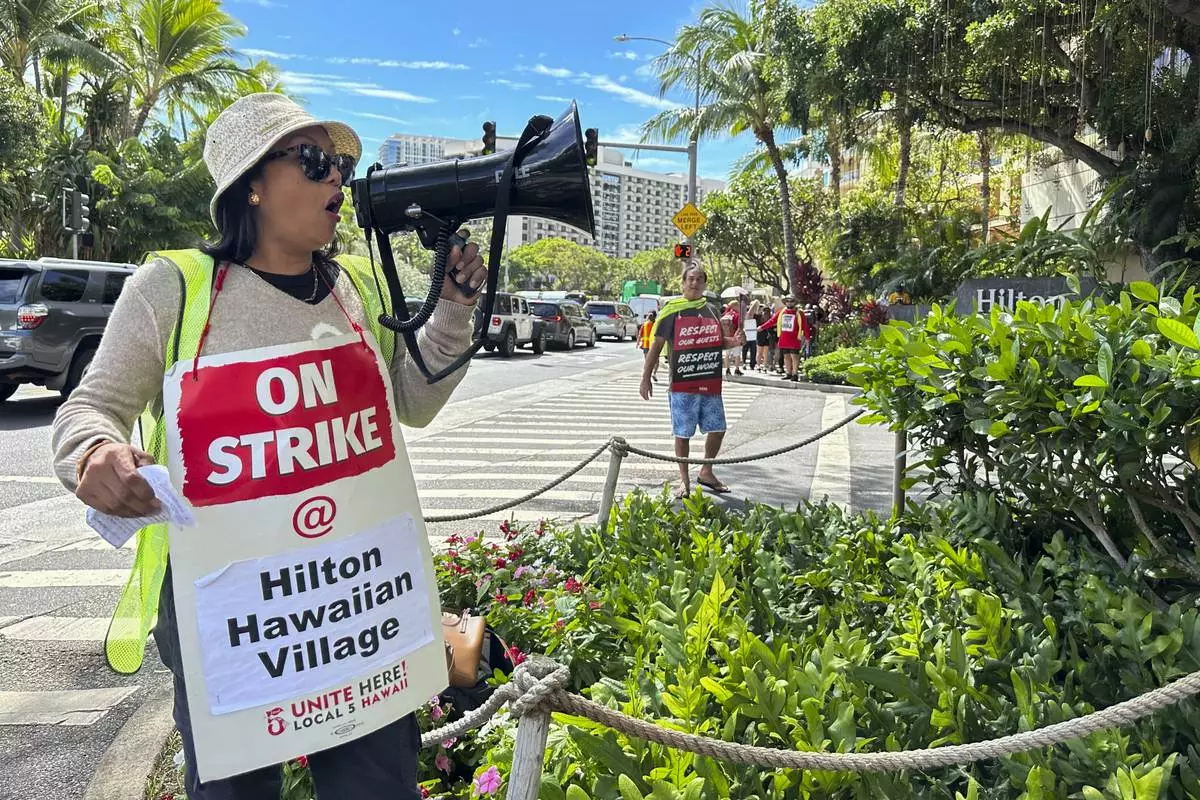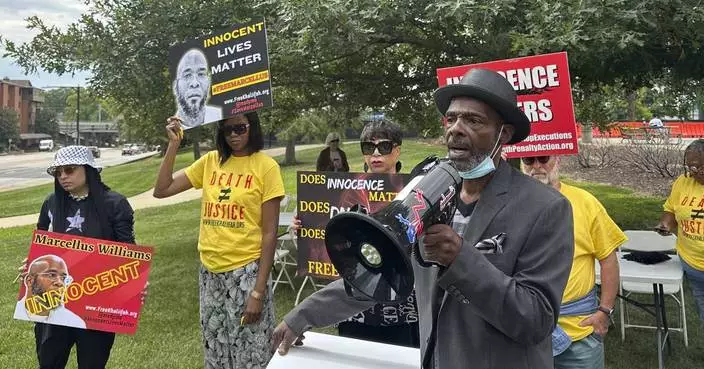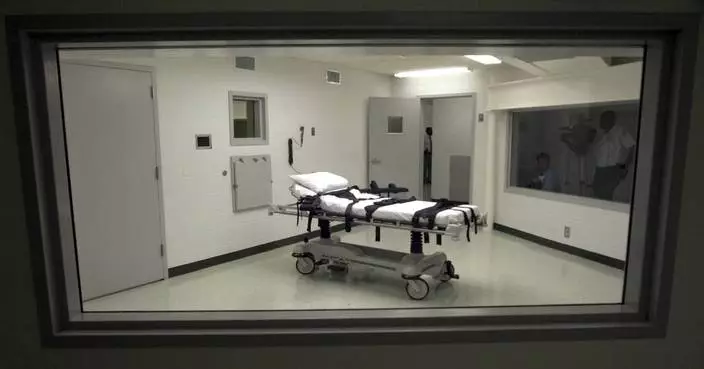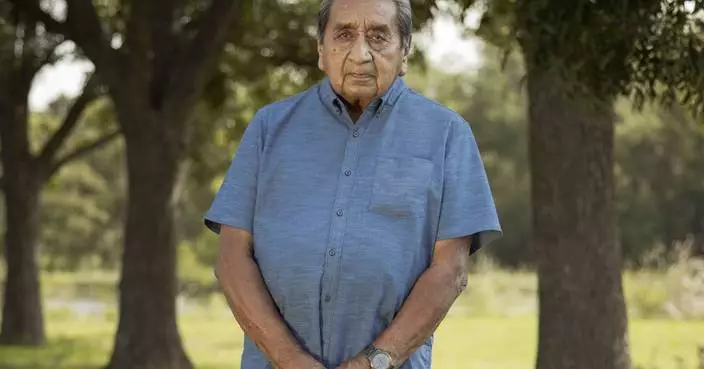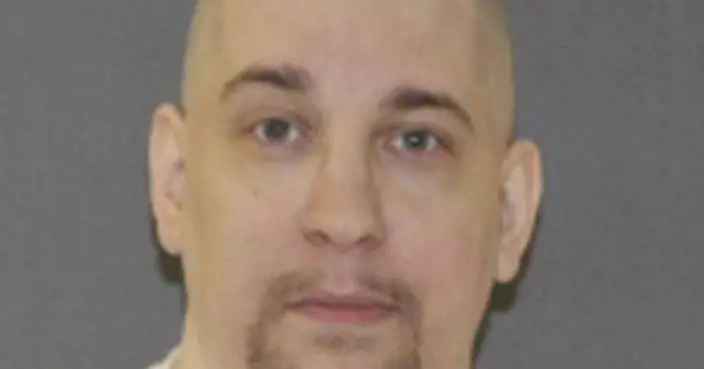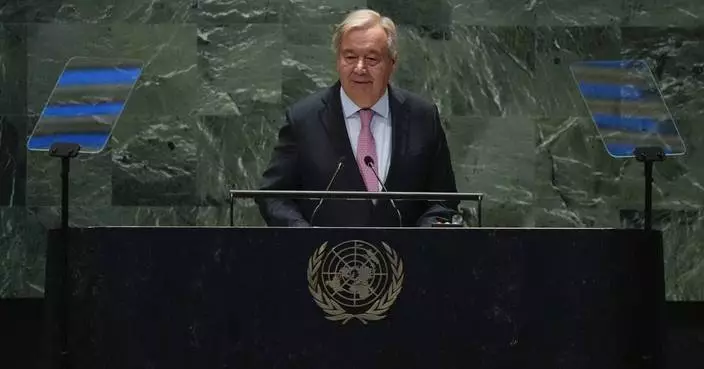MIAMI (AP) — Former federal agent Wes Tabor says his phone has been lighting up with calls from police departments around the U.S. for advice on how to combat the growing threat from the Venezuelan gang Tren de Aragua.
Tabor was in charge of the U.S. Drug Enforcement Administration’s office in the Venezuelan capital of Caracas in 2012 when the gang was still new and when Tabor had barely heard of it.
Venezuela had long been a major transit zone for cocaine smuggled by Colombian guerrillas, with a leftist government that had close ties to some of America’s top adversaries, from Iran to Russia. So the homegrown street gang, although a concern to U.S. Embassy personnel in their daily movements around Venezuela’s dangerous capital, was not considered a major security risk to the United States.
Now, more than a decade later, the gang has become a menace even on American soil and has exploded into the U.S. presidential campaign amid a spree of kidnappings, extortion and other crimes throughout the western hemisphere tied to a mass exodus of Venezuelan migrants.
“What sets this group apart is the level of violence,” said Tabor, now retired from the DEA. “They’re aggressive, they’re hungry and they don’t know any boundaries because they’ve been allowed to spread their wings without any confrontation from law enforcement until now.”
That's starting to change.
In July, the Biden administration sanctioned the gang, placing it alongside MS-13 from El Salvador and the Mafia-styled Camorra from Italy on a list of transnational criminal organizations and offering $12 million in rewards for the arrest of three leaders. Then, this month, Texas Gov. Greg Abbott declared Tren de Aragua a Tier 1 threat, directing state police to target the gang and paving the way for stiffer penalties for members. Other states may soon follow suit.
Focus on the gang jumped after footage from a security camera surfaced on social media showing a group of heavily armed men brazenly entering an apartment in the Denver suburb of Aurora, Colorado.
That prompted former President Donald Trump to vow to “ liberate Aurora ” from Venezuelans he falsely said were “taking over the whole town.”
Police have called the reports exaggerated but nonetheless acknowledged that it is investigating 10 gang members for involvement in several crimes, including a July homicide.
Among them is a Venezuelan who was arrested in another Denver suburb and accused of helping someone else steal a motorcycle and pointing an AR-15 at a tow truck driver who had asked him to move his car. Another was suspected of stealing designer Gucci sunglasses in Boulder and has a multi-state criminal record, including for carjacking and vehicular assault.
Elsewhere, from the heartland to major cities like New York and Chicago, the gang has been blamed for sex trafficking, drug smuggling and police shootings as well as the exploitation of migrants.
The size of the gang and the extent to which its actions are coordinated across state lines and with leaders believed to be outside the U.S. are unclear.
The Tren, which means “train” in Spanish, traces its origin more than a decade ago to an infamously lawless prison with hardened criminals in the central state of Aragua. It nonetheless has expanded in recent years as more than 8 million desperate Venezuelans fled economic turmoil under President Nicolás Maduro’s rule and migrated to other parts of Latin America or the U.S.
One of the founders is Hector Guerrero, who was jailed years ago for killing a police officer, according to InSight Crime, a think tank that monitors organized crime in the Americas. Guerrero, better known by his alias El Nino, Spanish for the “boy,” later escaped and then was recaptured in 2013. He fled prison again more recently, as Venezuela's government tried to reassert control over its prison population, and is believed to be residing in Colombia.
Authorities in countries such as Chile, Peru and Colombia — all with large populations of Venezuelan migrants — have accused the group of being behind a spree of violence in a region that has long had some of the highest murder rates in the world. Some of its more sensationalist crimes, including the beheading and burying alive of victims, have spread panic in poor neighborhoods where the gang extorts local businesses and illegally charges residents for “protection.”
Now there are concerns about its ruthless tactics reaching U.S. shores as members infiltrate the nearly 1 million Venezuelan migrants who have crossed into the U.S. in recent years.
Eleven Republicans led by Sen. Marco Rubio of Florida, the vice chair of the Senate Select Committee on Intelligence, wrote in a letter to Attorney General Merrick Garland last week calling for a coordinated strategy from the Biden administration to combat the gang.
“The administration's weak enforcement of immigration laws allows gangs, like Tren de Aragua, to control routes and exploit migrants,” the letter said.
Meanwhile, back in Venezuela, officials have watched the attention on Tren de Aragua in the U.S. and have expressed their bafflement.
A year ago, President Nicolas Maduro's government claimed it had dismantled the gang after retaking control of the prison where the group was born. In July, Foreign Minister Yván Gil declared that the Tren de Aragua is a “fiction created by the international media.”
More recently, Diosdado Cabello, a longtime ruling party-leader, linked the criminal group to an alleged plot backed by the U.S. and the opposition to kill Maduro and some of his allies following the July 28 presidential election.
“The United States knows how to carry out destabilization operations,” Cabello said Friday when he announced the arrest of several people, including a U.S. citizen, for their alleged roles in the foiled anti-Maduro plan. “Why don’t they stop them?”
AP writers Colleen Slevin in Denver, Regina Garcia Cano in Caracas, Venezuela, and Astrid Suarez in Bogota, Colombia, contributed to this report.
This version has corrected the retired DEA agent's first name to Wes not Was.
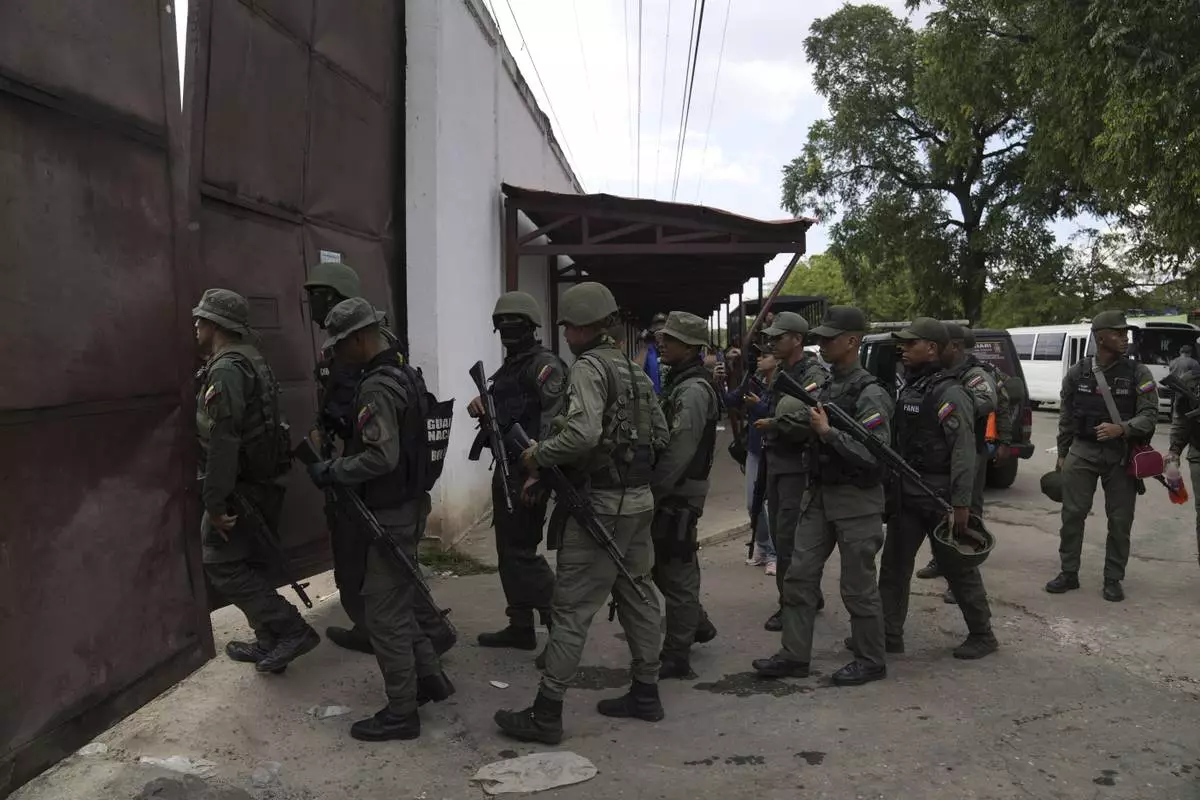
FILE - Soldiers raid the Tocorón Penitentiary Center, in Tocorón, Venezuela, Sept. 20, 2023. The Tren de Aragua gang originated at the prison. (AP Photo/Ariana Cubillos, File)


